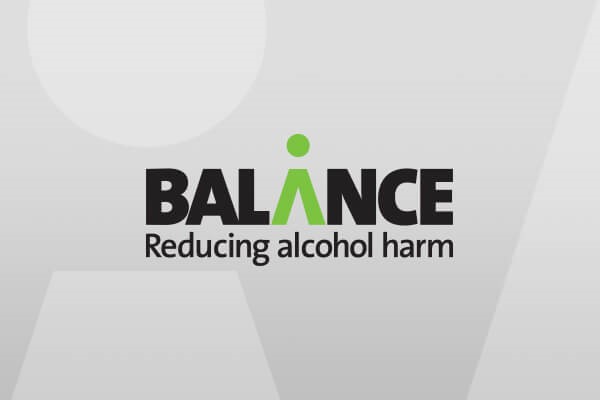New legislation ‘laughable’
New legislation implemented today (Wednesday 28th May) to tackle alcohol harms has been called ‘laughable’ by Balance, the North East Alcohol Office, as research shows it will have little impact on alcohol-related deaths, hospital admissions and crime.
Banning the sale of alcohol below the cost of duty plus VAT has been introduced today by the Government. Under the regulation a 440ml can of lager (4% ABV) will cost at least 40p, a 70cl bottle of vodka (37.5% ABV) will cost at least £8.89 and a 2 litre bottle of cider (between 1.2% and 5.5% ABV) will cost at least 95p.
Colin Shevills, Director of Balance, said: “It is laughable that the Government has introduced this measure as a means to reduce the impact that cheap alcohol continues to have on society. Cheap alcohol such as Frosty Jack’s is still on our supermarket shelves for as little as 16p per unit – meaning that a man can drink his weekly recommended units for £4.48 and a woman for just £3.36. Surely this isn’t progress?
“There is no evidence base to support a ban on sales of alcohol at below cost and it will have very little effect on the price of alcohol – particularly the products which cause the most damage to young and heavy drinkers such as white cider and cheap vodka. It’s also complicated to implement and police. It basically gives the alcohol industry the go ahead to give alcohol away, provided they collect duty and VAT.”
Independent research from the University of Sheffield shows that the new policy will prevent 15 alcohol related deaths, reduce hospital admissions by 500 and see 900 fewer alcohol related crimes a year. A Minimum unit price of 45p, which had initially been proposed by the Government, would be up to 50 times more impactful.
Colin added: “Whatever minimal impact these measures have has also been undermined, if not reversed, by the Budget announcement to scrap the alcohol duty escalator, freeze duty and even reduce duty on beer.
“This measure enables the Government to say it is doing something but by listening to the alcohol industry, which proposed this measure, we won’t see the fall in alcohol related deaths, crimes and hospital admissions we need. To tackle the problem of cheap, strong alcohol we need to introduce a minimum unit price. It is proven to reduce alcohol harms, saving thousands of lives, reducing hospital admissions and drastically cutting crime.”
Notes to editors:
Research published by the University of Sheffield demonstrates that banning below cost selling will have very little impact on alcohol consumption. It will reduce overall consumption by 0.04% (less than half a pint of beer, per drinker, per year) and will affect just 1.3% of all alcohol units sold.
Under the new policy, the average price of alcohol sold by supermarkets would be expected to rise by just 0.1%. For example, beers at 4% ABV could still be sold for 40p per 440ml can, a 700ml bottle of spirits at 40% for £9.49 and a two litre bottle of strong cider at 7.5% for as little as £1.43.
University of Sheffield Alcohol Research Group in the School of Health and Related Research (ScHARR’s) updated modelling data provide a comprehensive breakdown of the estimated consumption, financial, health and crime effects of a ban on below cost sales compared to a minimum unit price of 45p and 50p in England, a summary of which can be found in the table below:
